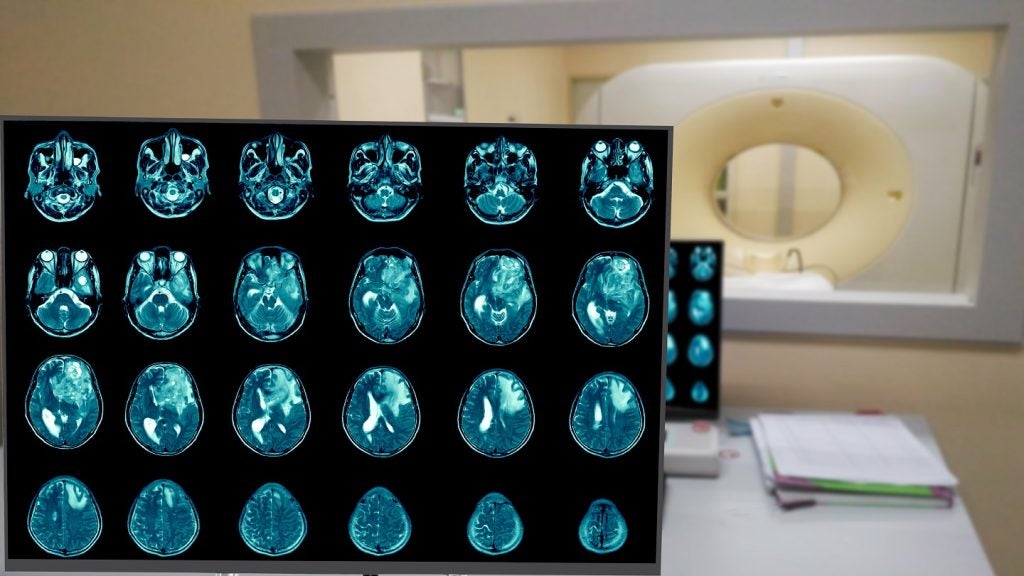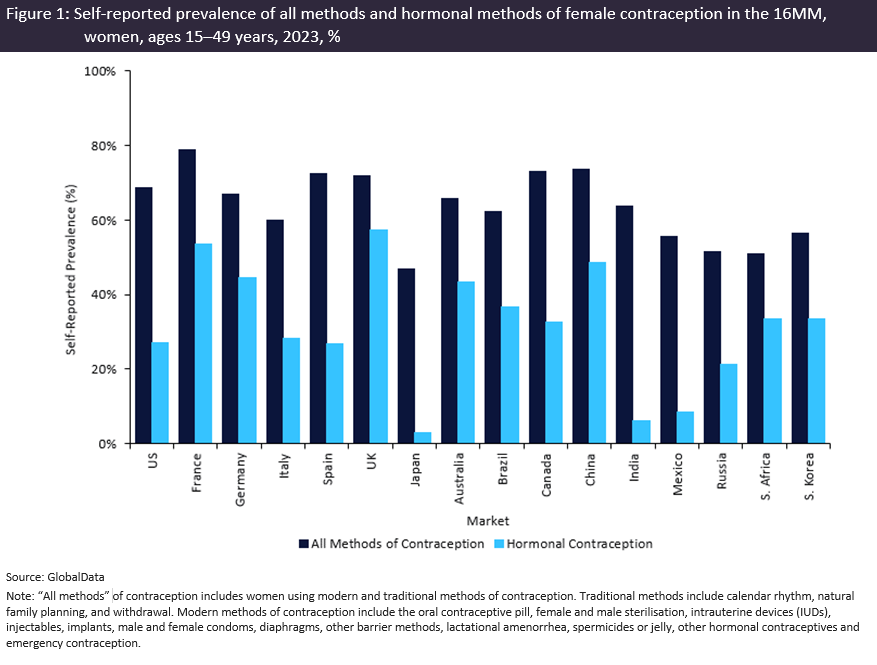
The US Food and Drug Administration (FDA) is addressing inherited blindness in children after it granted HuidaGene Therapeutics a rare paediatric disease designation (RPDD) to expedite the development and review times of the company’s gene therapy candidate.
China-headquartered HuidaGene’s HG004, which received an orphan drug designation in March, is a one-time gene replacement drug intended to treat patients who are affected by inherited retinal diseases (IRDs) caused by mutations in the RPE65 gene. The therapy delivers a functional version of the gene to the retinal pigment epithelium via an adeno-associated virus (AAV) vector.
RPE65-induced IRDs include Leber's congenital amaurosis (LCA), severe early childhood-onset retinal dystrophy (SECORD), early-onset severe retinal dystrophy (EOSRD), and retinitis pigmentosa (RP). The diseases are often present in toddlers and can cause night blindness and a loss of visual field and central vision. The impairment of vision at such an early age likely affects other areas of childhood development.
HuidaGene’s co-founder and chief scientific officer Linyu Shi said that in preclinical studies the candidate demonstrated superiority over AAV2-hRPE65 gene therapy, the same approach as Spark Therapeutics’ Luxturna (voretigene neparvovec-rzyl), in the recovery of retinal function. Luxturna also utilises an AAV vector that expresses the RPE65 gene and is the only gene therapy approved for inherited forms of vision loss caused by RPE65 mutation-associated retinal dystrophy.
Earlier this year, the company received approval from the FDA and the Center for Drug Evaluation (CDE) of China’s National Medical Products Administration (NMPA) to conduct a multiple-cohort, dose-finding study of adult and paediatric subjects with RPE65 retinopathies under one master protocol in different countries.
As per a ClinicalTrials.gov entry, HuidaGene has outlined a study investigating HG004 in patients with LCA. The Phase I/II open-label, multi-national, multiple-cohort, dose-escalation study has an estimated start date of September 2023. In the study, adverse events and ophthalmic measures will be assessed for up to 52 weeks after a single injection of the therapy.
The RPDD includes a priority review voucher (PRV), and HuidaGene was keen to indicate the value of the fast-track ticket. In July, Sarepta Therapeutics sold a PRV to an unidentified buyer for $102m.
HuidaGene’s co-founder and CEO Alvin Luk said: “HG004 was granted both RPDD and orphan drug designation (ODD) by the FDA in March, allowing tax credits for clinical development, exemptions for certain FDA application fees, seven-year of market exclusivity, and assistance in the drug development process. We look forward to advancing HG004 in the clinic.”
Cell & Gene Therapy coverage on Pharmaceutical Technology is supported by Cytiva. Editorial content is independently produced and follows the highest standards of journalistic integrity. Topic sponsors are not involved in the creation of editorial content.















